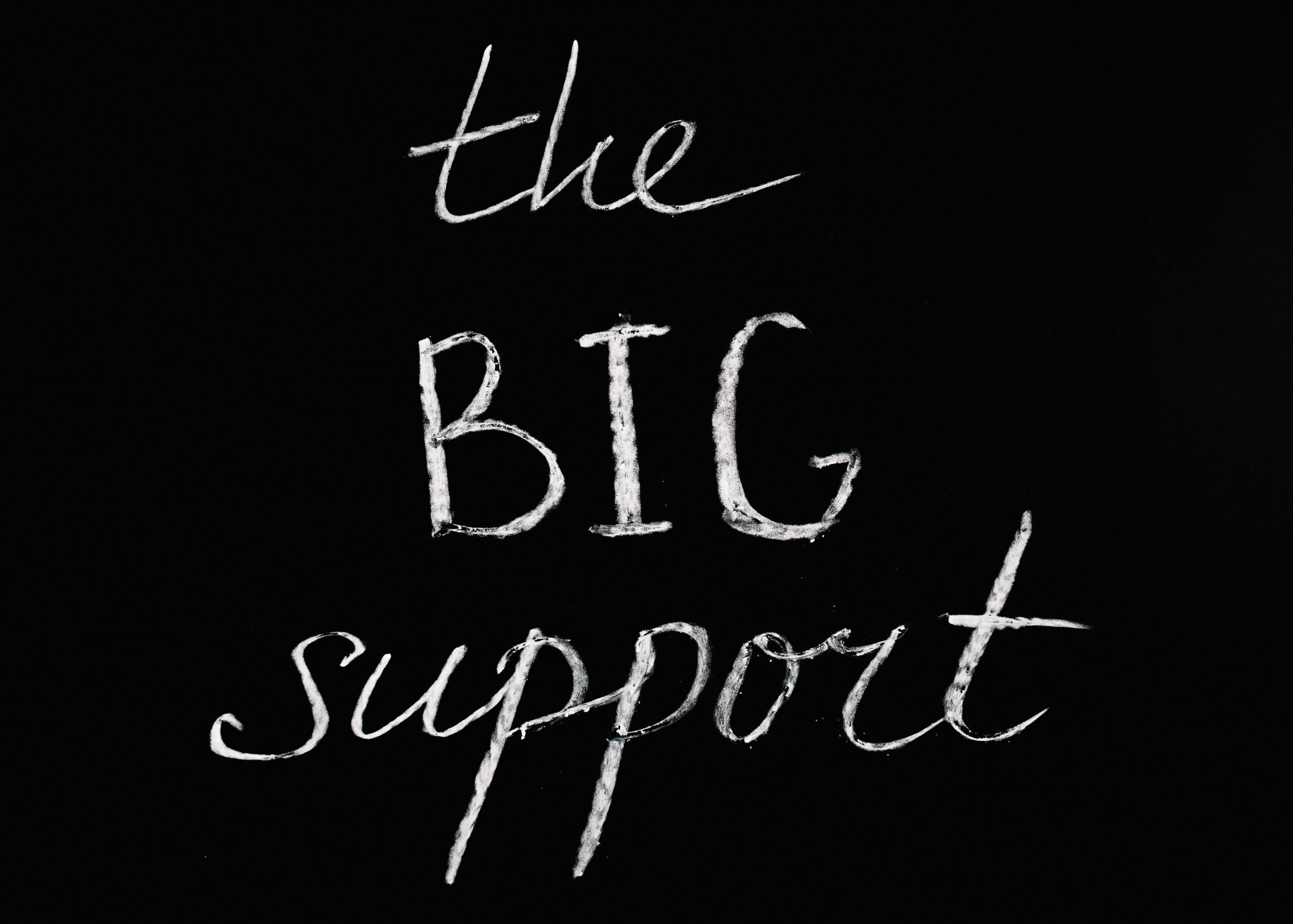Understanding Why Mental Health Matters
Its Real
Mental health matters. It’s not just a buzzword or a passing trend; it’s a crucial aspect of our overall well-being. In today’s world, where stress and anxiety seem to be the norm, taking care of our mental health has never been more important. At the end of the day, NOTHING which life has to offer is worth the price of worry. I like the way Napoleon Hill said it. There are a lot of his quotes that just facts.
Defining Mental Health and Its Importance

Mental health is all about our inner world: our feelings, thoughts, and how we handle the ups and downs of daily life.
It’s about being able to express our emotions, build relationships, and bounce back from setbacks. Just like physical fitness helps us to move freely and feel good in our bodies, mental wellness lets us navigate life with confidence and resilience.
It’s the foundation that supports our journey through life, allowing us to grow, learn, and connect with others in meaningful ways. Ensuring our mental health is taken care of means we’re setting ourselves up for a fulfilling life, filled with rich experiences and relationships.
It’s crucial, then, to understand that mental health is not a luxury but a fundamental part of our well-being that deserves attention and care.
By embracing our mental wellness, we empower ourselves to live our best lives, full of potential and promise.
Common Mental Health Challenges People Face

In our journey through life, it’s natural to encounter various mental health challenges that can impact our well-being. These challenges can manifest in many forms, affecting us in different ways.
Some of us might face occasional feelings of anxiety or episodes of depression, while others may deal with more persistent mental health conditions such as bipolar disorder or post-traumatic stress disorder (PTSD).
It’s also common to experience stress from work, relationship issues, or significant life changes, which can all weigh heavily on our mental state. Understanding and acknowledging these challenges is the first step towards addressing them.
It’s essential to recognize the signs within ourselves or others, which can include prolonged sadness, excessive worry, changes in sleeping or eating patterns, or a diminished interest in activities once enjoyed.
Recognizing these signs early can lead to more effective management and support.
It’s important to remember that experiencing mental health challenges doesn’t define us or our capabilities. Many individuals facing these issues continue to lead fulfilling lives, especially with the right support and strategies in place.
By fostering an environment of openness and understanding, we can encourage ourselves and others to seek help and support when needed, reinforcing the notion that it’s okay to reach out.
Recommendations for Maintaining Good Mental Health

Caring for your mental health can be integrated into your daily routine with some practical steps.
First, ensure you’re getting enough quality sleep each night, as rest plays a pivotal role in how we feel both emotionally and physically. Incorporating a balanced diet filled with nutrients supports not just your body but also your mind.
Regular physical activity is another key element; it doesn’t have to be intense workouts, even a daily walk can uplift your mood and decrease stress levels.
Mindfulness practices, such as meditation or journaling, offer a way to stay present and connected to our feelings, helping us manage stress and anxiety more effectively.
It’s equally important to carve out time for activities that bring joy and relaxation into your life, whether that’s reading, spending time in nature, or engaging in a hobby. Establishing and maintaining strong social connections can provide emotional support and a sense of belonging.
Remember, it’s okay to seek professional support when you need it. Reaching out for help is a sign of strength, not weakness.
By incorporating these self-care practices into your life, you are taking significant steps toward safeguarding your mental health and enhancing your overall well-being.
Supporting Loved Ones with Mental Health Issues

Helping someone you care about navigate their mental health struggles can be incredibly meaningful. It starts with showing empathy and being there for them, ready to listen when they’re ready to talk.
It’s important to approach conversations with an open heart and mind, ensuring they feel safe and supported.
Sometimes, the most helpful thing you can do is simply be present, offering a comforting silence that says, “I’m here for you, no matter what.”
Encouraging your loved one to seek professional help if they need it can also be a crucial step. This might involve helping them find resources or even offering to go with them to an appointment if they’re apprehensive.
It’s essential to remember, though, that the decision to seek help is ultimately theirs.
Providing consistent support without being overbearing is a delicate balance. Regular check-ins can show you care, but it’s important to respect their space and boundaries.
Small acts of kindness, like sending a thoughtful message or spending quality time together, can make a big difference in their day.
Navigating mental health issues is a journey, both for the individual and their supporters.
By offering a mix of understanding, patience, and practical support, you can be a valuable ally to your loved one as they work towards better mental health.
The Role of Society in Promoting Mental Health Awareness
Society plays a pivotal role in lifting the veil on mental health, turning it from a subject shrouded in secrecy to one discussed with openness and empathy.
We all have a part to play in building a culture that acknowledges the importance of mental health just as much as physical health. By championing educational initiatives, we can illuminate the significance of mental wellness and dismantle the myths that cloud its understanding.
Workplaces, schools, and communities can become sanctuaries of support by integrating mental health resources and training, ensuring everyone has access to the help they need.
Encouraging compassionate dialogue helps erase the stigma and paves the way for a society where seeking help is seen as a step of courage.
Together, we can cultivate an environment where every individual feels valued and understood, fostering a world brimming with kindness and support for mental well-being.

Frequently Asked Questions:
Q1: What is mental health, and why is it important?
A1: Mental health refers to our emotional, psychological, and social well-being. It affects how we think, feel, and act, how we handle stress, relate to others, and make choices. Mental health is crucial because it impacts every aspect of our lives—from relationships and work performance to physical health and overall quality of life.
Q2: How does mental health impact physical health?
A2: Mental and physical health are closely linked. Chronic stress, anxiety, and depression can lead to or exacerbate physical health problems such as cardiovascular disease, obesity, and weakened immune function. Conversely, physical health issues can affect mental well-being, creating a cycle that’s important to address holistically.
Q3: Why is mental health often overlooked compared to physical health?
A3: Mental health has historically been stigmatized and misunderstood, leading to less attention and fewer resources compared to physical health. However, awareness is growing, and there is increasing recognition of the importance of mental well-being. Still, societal attitudes and a lack of education contribute to the disparity.
Q4: How can mental health be maintained or improved?
A4: Maintaining and improving mental health involves various strategies, including regular physical activity, healthy eating, adequate sleep, managing stress, and fostering positive relationships. Seeking professional support from therapists or counselors can also be crucial, particularly if you’re facing mental health challenges.
Q5: What are common signs that someone might be struggling with mental health issues?
A5: Signs can vary widely but may include persistent feelings of sadness or anxiety, changes in sleep or appetite, withdrawal from social activities, difficulty concentrating, and feelings of hopelessness or worthlessness. It’s important to approach these signs with compassion and seek professional help if needed.
Q6: How can I support a friend or loved one with mental health issues?
A6: Offer a listening ear, validate their feelings, and encourage them to seek professional help. Avoid judgment and provide a supportive environment. Educating yourself about mental health can also help you offer more informed support.
Q7: What role does workplace mental health play, and why should employers care?
A7: Workplace mental health is critical because it affects productivity, job satisfaction, and overall employee well-being. Employers who prioritize mental health can benefit from reduced absenteeism, lower turnover rates, and a more positive work environment. Supporting mental health at work also demonstrates a commitment to employees’ overall well-being.
Q8: Can mental health issues be prevented?
A8: While not all mental health issues can be prevented, many can be mitigated through proactive measures such as maintaining a balanced lifestyle, developing healthy coping mechanisms, fostering strong social connections, and seeking early intervention if problems arise.
Q9: How do cultural differences impact the understanding and treatment of mental health?
A9: Cultural differences can influence how mental health is perceived and addressed. Stigma, beliefs about mental illness, and access to resources can vary widely between cultures. It’s important to approach mental health with cultural sensitivity and to consider these factors when seeking or providing support.
Q10: Where can I find more information or help regarding mental health?
A10: There are numerous resources available, including mental health organizations, community support groups, and online resources. Professional help from psychologists, psychiatrists, and counselors can provide personalized support. If you or someone you know is in crisis, contact emergency services or a crisis hotline immediately.
news via inbox
Nulla turp dis cursus. Integer liberos euismod pretium faucibua






